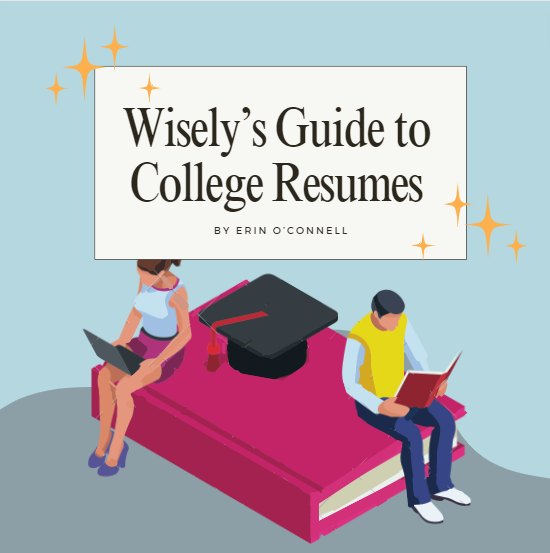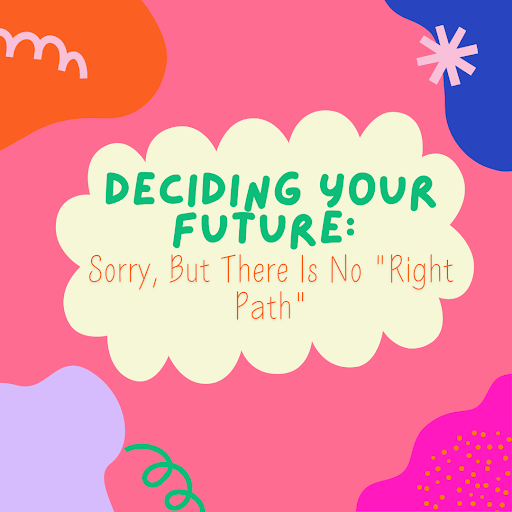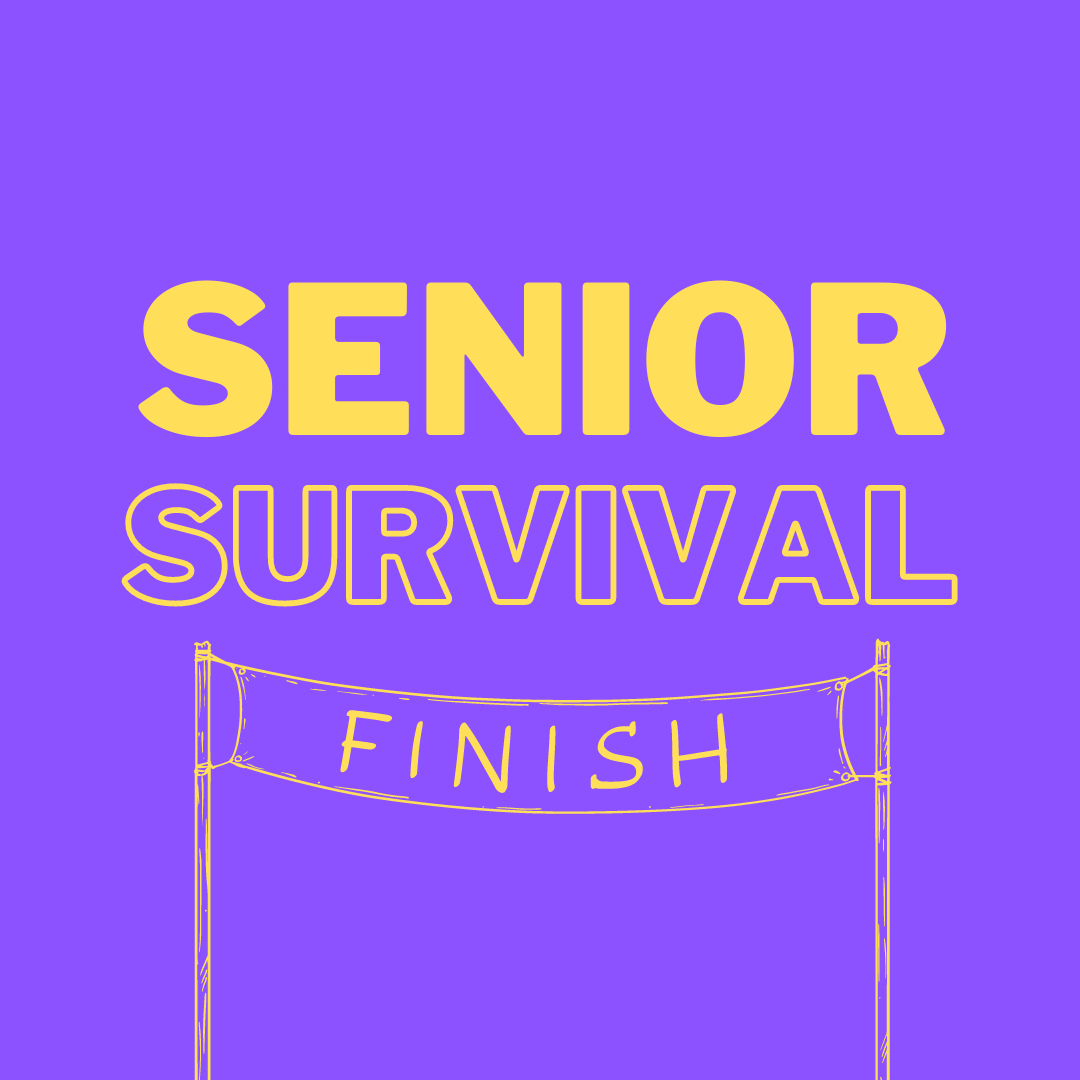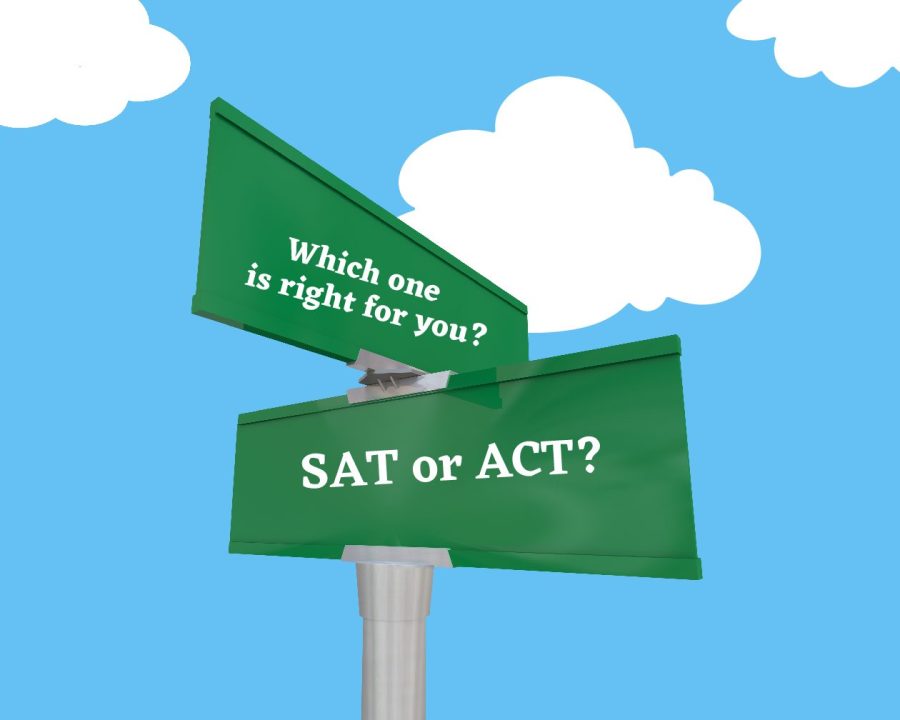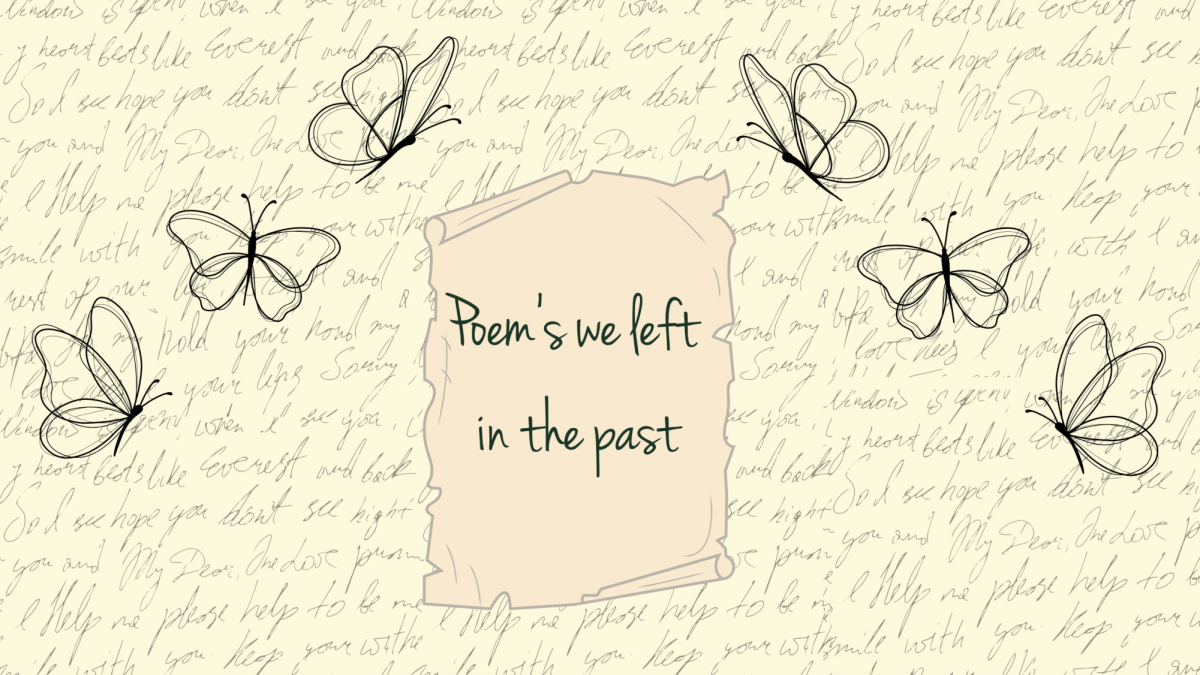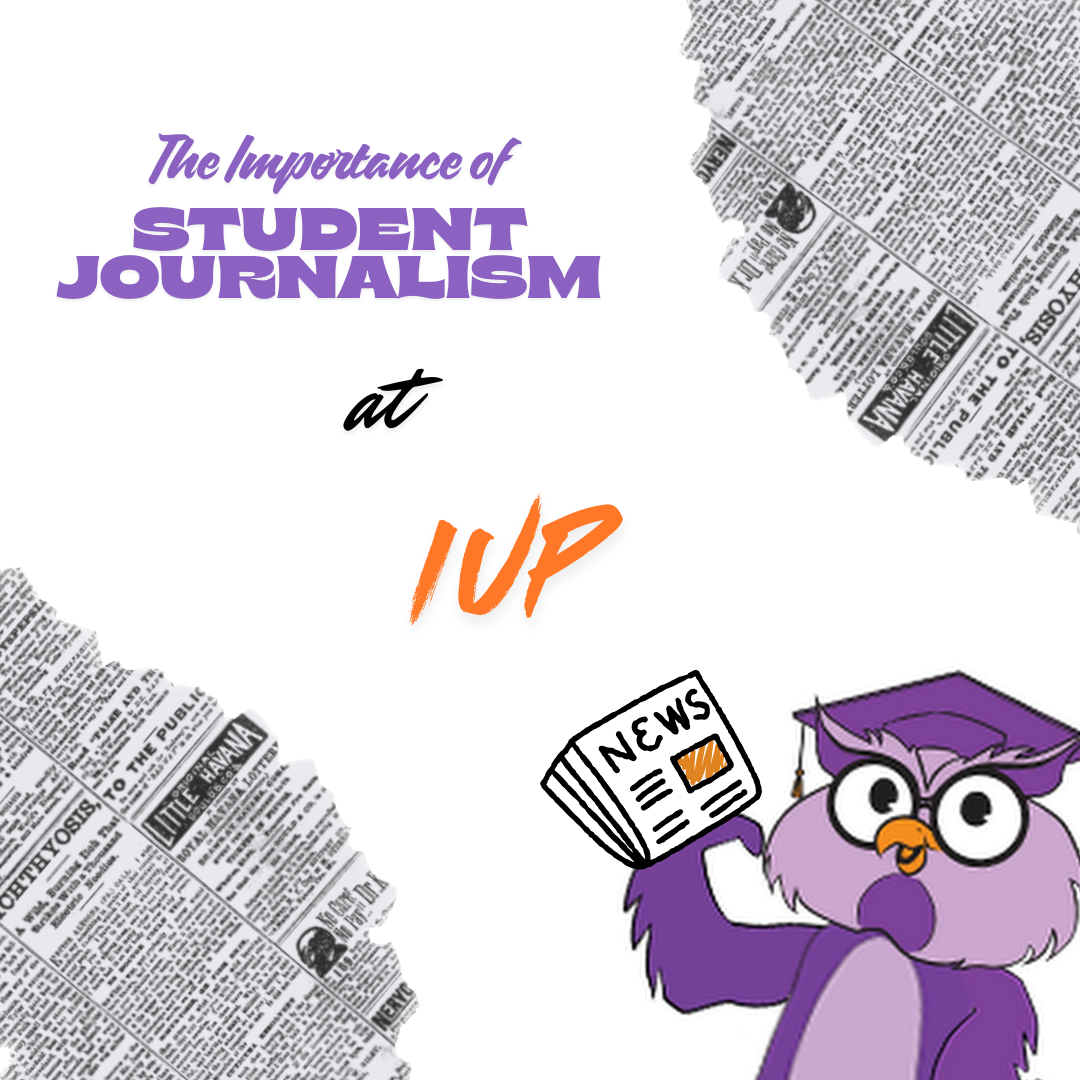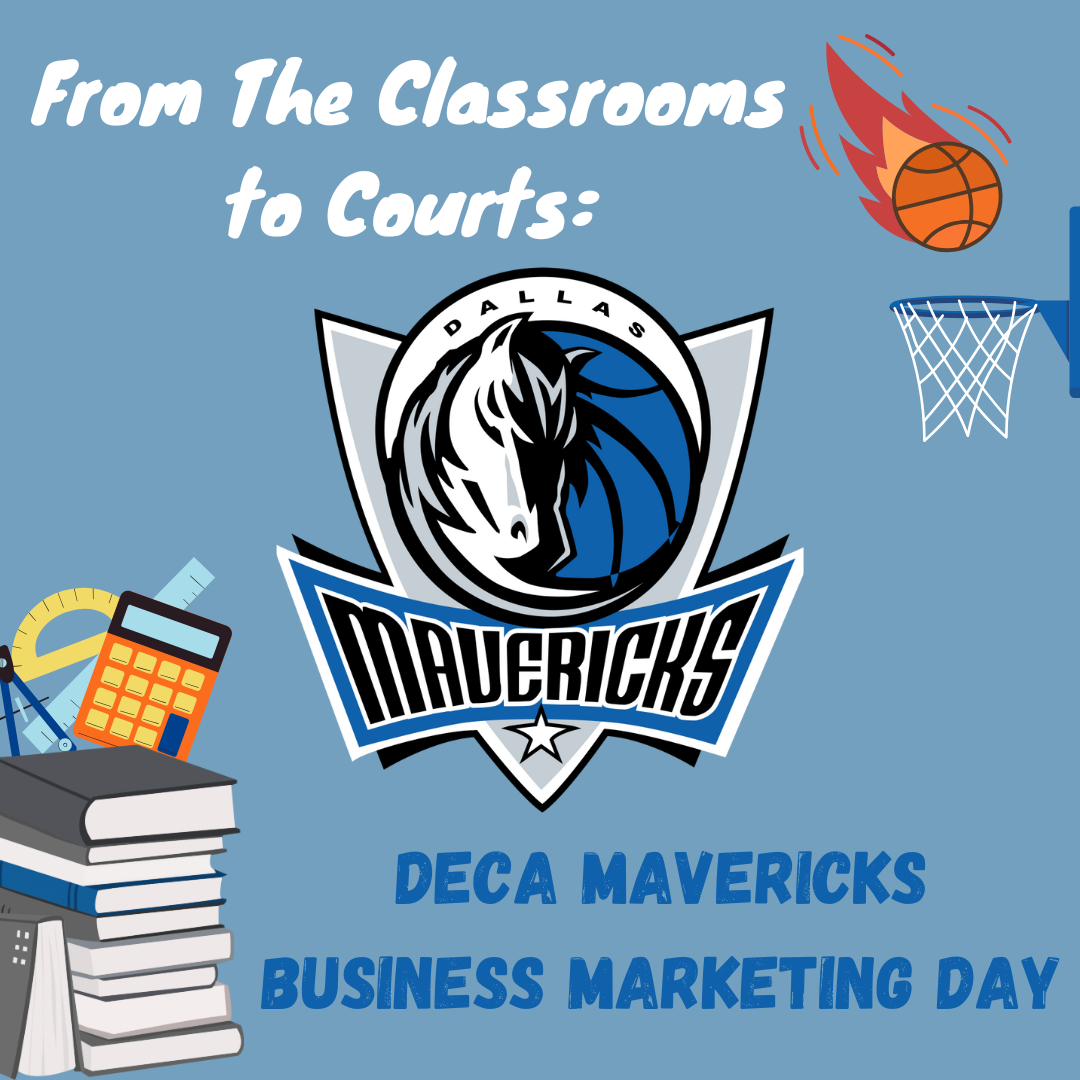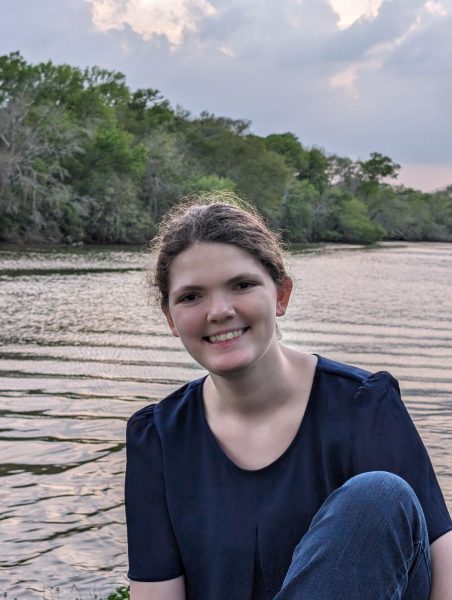College resumes are an important part of the college application process, where students are given the opportunity to provide a condensed version of their various experiences to the college admissions officers. These experiences may include leadership positions, jobs, volunteer hours, and other important accomplishments that the student feels may give them a slight advantage.
Generally, one of the first things that come to mind when thinking about college applications is essays. However, college resumes are able to provide a quick glance of your achievements, and should be well thought-out. When asked about what college resumes should include, the college and career counselor, Mrs. Wilks, stated “your resume should make you look well-rounded, so you want to highlight your strengths, but then you also want to highlight leadership and activities that you’ve done.”
She then continued to discuss the importance of making sure the resume looks professional, so it’s important that you don’t pour it all into a Word document. She explained that Canva is actually a great tool. “In your ClassLink, you should have a Canva link. When you go to Canva, I would literally search ‘High School Resume.’” When doing this, a multitude of strong examples come up, all of which could be made to fit the student’s desires.
Making sure it’s professional isn’t the only important thing to do when building a resume, though. “Even me, with 26 years experience, my resume is one page,” Mrs. Wilks continued. “If people get too bogged down in it, they’re not going to look. They’re not going to look [at] 3 and 4 and 5 pages. It needs to be concise.”
While students who are applying to college won’t have nearly as much experience as our college and career counselor, there are definitely some things that should be emphasized. “Work on things that you can add. If you’re not already doing volunteer work, start volunteering. If you’re not working, […] that’s an availability for you. Start doing things, get involved in clubs, do things that you can add to your resume.”
Mrs. Wilks emphasized that, while grades are important, they aren’t necessarily strong enough to give colleges an idea of who a student truly is. “Colleges want to see well-rounded students. So get involved, inside and outside of school.”
It’s been established that it’s important to be in clubs, but how actively should students be involved in them? Is it better to be in a couple of clubs where the student is heavily involved, or more clubs where they take on a lighter role? Mrs. Wilks has an answer for that, too, stating, “It’s okay to put where you’ve dabbled, especially if you’re coming from another high school and we [iUniversity Prep] don’t have that opportunity. But they want to see leadership opportunities. So, how you contributed. If you’re just a member who shows up to meetings and doesn’t contribute at all, it’s going to be really hard to expand on that.”
Now that the content has been explained, students need to start thinking about when they need to put it all together. “Even when they get to high school,” Mrs. Wilks said. “It’s so easy to forget what they’ve done. That’s where a Word document might be good, just to write down what they’ve been involved with. Keep a running list of things you’ve been involved with and any leadership things you’ve had, and then the summer between junior and senior year would be a really good time to make it look professional.”
College resumes are tricky in the sense that you don’t want to write in complete sentences, but you also want to communicate your points clearly enough that colleges understand what you’re trying to say. Mrs. Wilks said that the resume would consist of bullet points, but that she would still recommend asking a trusted adult, such as a professor, to proofread it. This should help students ensure that the article comes across clearly, even in its abbreviated state.
As most people know, artificial intelligence (A.I.) is a very important topic that has even affected the creation of resumes. While it could have many applications within the resume world, such as correcting grammar and managing formatting, Mrs. Wilks had one important piece of advice. “You have to be careful that you don’t inadvertently lie on your resume with A.I.” She stressed how easy it was, even with Canva, to write your name on resumes that don’t really express who you are. “They want to hear your voice, and if you’re lying on it, that’s going to catch you somehow.” The college and career counselor also emphasized that it would be a completely different scenario to have AI take your work and make it look more professional than to have it use work that doesn’t express who you are.
For the final question, Mrs. Wilks was asked if there was anything else that she’d like to touch on regarding college resumes, or if there was anything that gets overlooked. “I just think it’s important to have one,” she said. “Especially with the ease of Canva, aside from you gathering your thoughts and stuff, the format’s there. So, just have one, and start documenting [early].”
All aspects of college applications can be daunting at first, and resumes are no exception. In reality, though, it’s very easy to put together a resume that stands out to college admissions officers. Just keep in mind what Mrs. Wilks said: keep it professional, and make sure it reflects who you are.


